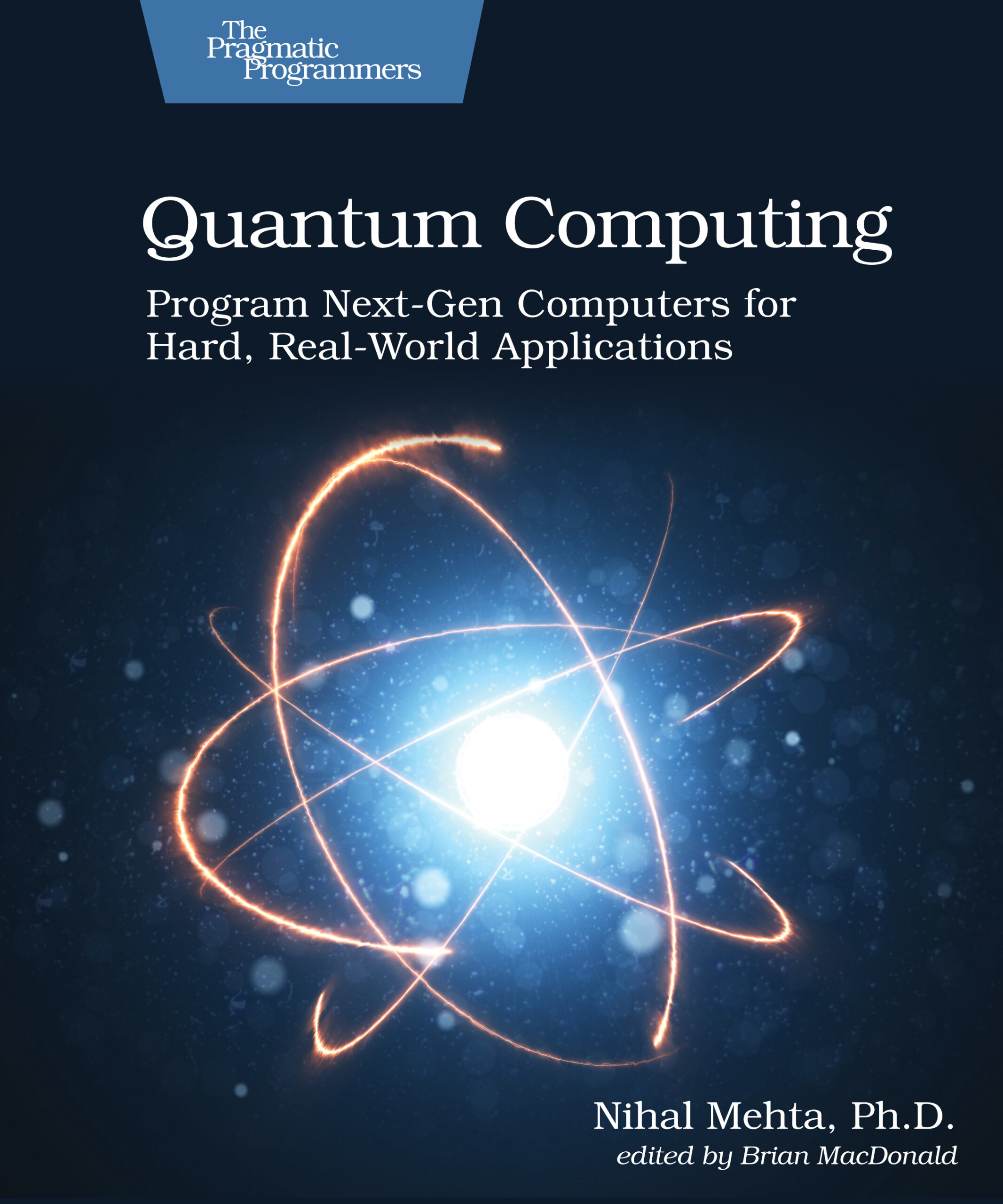In the realm of computing, quantum systems hold an enigmatic allure, blending the machinations of quantum mechanics with the digital paradigm. The question of whether quantum computing is feasible for personal computing evokes both intrigue and skepticism among technologists, physicists, and the lay public alike. As the landscape of digital technology evolves, it is imperative to dissect the multifaceted implications of quantum computing, its potential applications, and the obstacles it faces in becoming a staple of personal computing.
To embark on this exploration, we must first delineate the foundational principles that distinguish quantum computing from its classical counterparts. Traditional computers leverage bits as the basic unit of information, where each bit occupies a state of either 0 or 1. In stark contrast, quantum computers employ quantum bits or ‘qubits,’ which can exist concurrently in multiple states due to the phenomena of superposition and entanglement. This intrinsic ability allows quantum systems to perform complex calculations at unprecedented speeds, enabling them to tackle problems that are currently insurmountable within classical frameworks.
Despite the alluring capabilities of quantum computing, the prospect of its utilization in personal computing unveils a tapestry of complexities. One predominant concern lies in the intricate nature of quantum technology itself. The principles that underpin qubits demand exceedingly precise conditions for operation, often requiring ultra-cold temperatures and sophisticated error correction protocols. Thus far, the development of stable qubits has proved challenging, with research yielding promising but not yet wholly practical results. Furthermore, the fragility of qubits, as they are susceptible to decoherence from environmental interactions, raises essential questions about their reliability in consumer-grade devices.
Moreover, the computational advantages of quantum systems become salient for specific types of problems, particularly those involving optimization, cryptography, and material science. Traditional personal computing tasks—web browsing, word processing, and streaming—do not inherently benefit from quantum acceleration; they are effectively solved by conventional computational methods. Thus, one must ask: will quantum computing deliver incremental value for quotidian applications, or will its true potential lie in areas distinct from personal computing?
Exploring computational paradigms further, one recognizes that the economic implications of quantum technology may obstruct its adoption in personal computing contexts. Current quantum computing initiatives predominantly focus on enterprise and institutional applications, given their requisite resources and expertise. The costs associated with developing, building, and maintaining quantum infrastructure have placed it firmly in the domain of research laboratories and industry giants, such as tech conglomerates and national laboratories. This stratum of economics raises the specter of a digital divide, wherein access to quantum capabilities remains the purview of the privileged few rather than the masses.
Nevertheless, the fascination surrounding quantum computing extends beyond the realms of feasibility and practicality. It encapsulates a deeper yearning for transformation in our relationship with technology. The underlying principles of quantum mechanics, an often counterintuitive branch of physics, signal a paradigm shift in our understanding of the universe. They challenge our conventional perceptions of reality and computation, stirring a sense of wonderment that transcends mere technological advancement.
Moreover, the public’s fascination with quantum theories dovetails with the advent of quantum education initiatives and outreach. As academia endeavors to demystify quantum phenomena, a burgeoning interest in quantum literacy is evident. This movement fosters a generation equipped to engage with the complexities of quantum computing, potentially paving the way for innovative applications in upcoming technologies.
In considering the long-term trajectory of quantum computing, it is essential to juxtapose its capabilities with the ongoing evolution of classical computing. The pursuit of quantum supremacy—where a quantum computer outperforms the most powerful classical computers for specific tasks—does not eclipse the remarkable strides that classical computing continues to achieve. Mobile devices have become increasingly powerful, with advancements in multi-core processors and parallel computing architectures enabling high-performance applications that often cater to personal computing needs. The race between classical and quantum technology thus manifests not merely as a competition but as a complementary endeavor, each pushing the boundaries of the other.
Ultimately, the feasibility of quantum computing for personal use remains a provocative question. It invites contemplations of access, purpose, and legacy within the computational landscape. While consumer-grade quantum computers may not materialize in the immediate future, the synthesis of knowledge garnered from quantum research will continue to influence advancements in classical computing techniques. Such synergy may yield enriched methods and tools that enhance personal computing experiences, even in the absence of quantum devices on household desks.
Thus, as we stand on the cusp of what could be a revolutionary phase in computing history, we must navigate with prudence. Engagement with the principles of quantum mechanics serves not only as intellectual enrichment but as a template for interdisciplinary collaboration. In this convergence lies the promise of an enriched future—one where personal computing seamlessly integrates elements of quantum insight. The journey towards this horizon may be fraught with challenges, yet the potential triumph gives credence to wonder, ingenuity, and the indefatigable human spirit.












